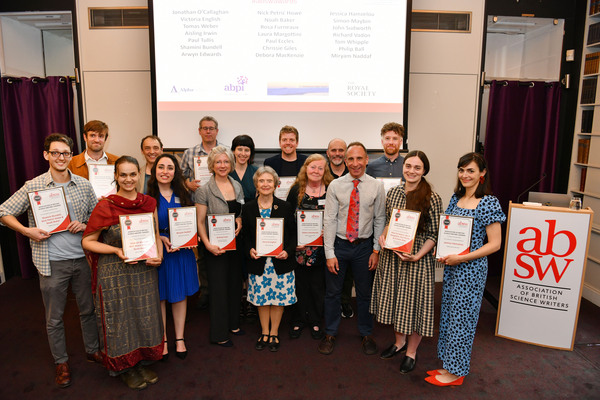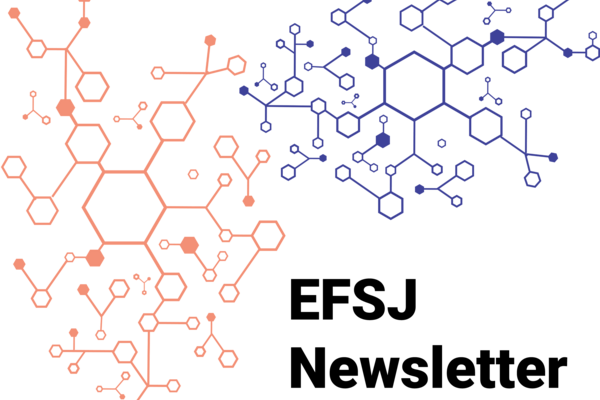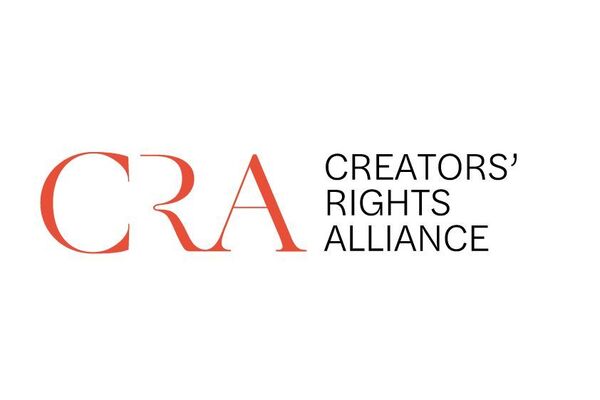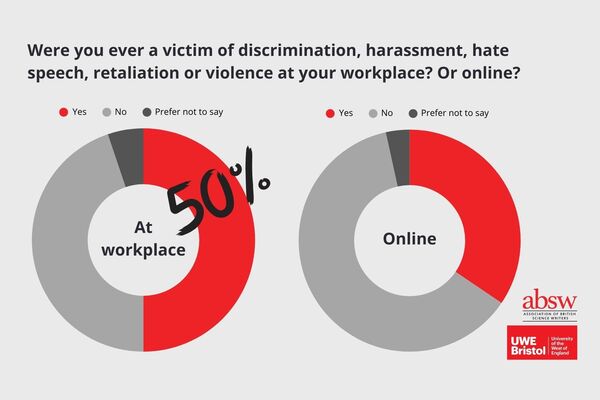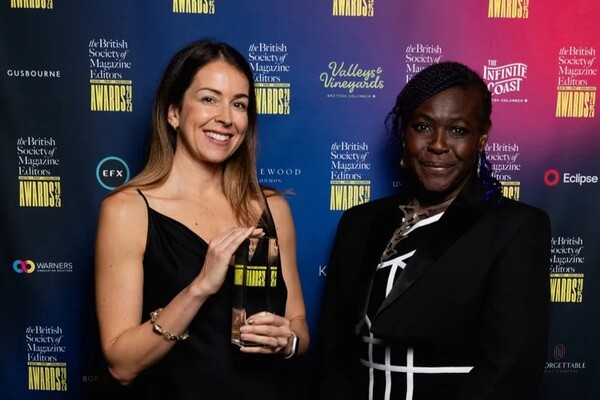On 3 July, writers from all over the UK made their way through London downpours to an awards show soaking in intelligence and life.
With over 300 entrants, the ABSW’s panel of judges whittled their way down to meticulously find a winner for each category. Judge Dai Richards, a retired documentary producer and one of twenty-eight judges, said he read 77 articles for his category alone.
The hard work of judges and writers alike culminated as the winner of each category was announced by Magdalena Skipper, Editor in Chief at Nature and awards presented by Andy Extance, ABSW chair.
The Dr Katherine Giles Award was presented by the late science writer’s sister, Nikki Giles. Giles’s fond remembrance of her sister’s passion for science journalism was ample: ‘I would like to say thank you to the ABSW for honouring my sister’s memory’.
Once each of the awards was given out, the room shifted from an atmosphere of joy and laughter to one of awe and admiration when Debora Mackenzie received the Lifetime Achievement Award.
When described by her colleagues, the word ‘fun’ was an underlying constant, layered by descriptions of her intellect and anticipation of an impending global pandemic, just waiting to be unleashed on the world – a fact that we, today, know far too well to be true.
Debora Mackenzie gave an elevating speech, touching on her experiences as a science journalist from the 1980s through to the 21st century. You can get scoops when you’re the only reporter talking to the scientists, she said, but it’s frustrating when no one acts on them. In 1983, her report on the Seveso chemical accident pointed to who was criminally responsible but had no effect.
‘Once in a blue moon change happens’ said Mackenzie, describing how among an impressive portfolio of stories three in particular stood out as having noticeable impact.
But sometimes the story changes things. In 2004 bird flu killed poultry and people across southeast Asia, but China denied having the virus. Acting on a tip, Mackenzie reported in New Scientist that the epidemic probably started in China. Beijing publicly denounced her but then admitted it had bird flu across the country, a major policy shift United Nations officials on the scene attributed to her article. This boosted flu research - but, she noted, we are not prepared for a pandemic.
The attention from China had a bonus: after Mackenzie reported in 2007 that a mutant wheat fungus threatened crops, wheat scientists told her that the article led China to fund research into resistant varieties – which are now in farmers’ fields. "So, sometimes you can change the world, even if only a little," she added.
As the night went on, people began to mingle and catch up. Some of them had been coming to the ABSW Awards and meeting each other for twenty years already.
Representatives from the Association of the British Pharmaceutical Industry (ABPI), one of ABSW Awards supporters, rejoiced at memories of previous years and highlighted how ‘it’s so important to keep in touch’, emphasising clear communication between scientists, doctors, and patients.
Andy Extance highlighted the importance of the connections made at the ABSW awards, talking about people whom he has watched grow from students to editors over the years. ‘This awards ceremony has likewise helped to create some really amazing memories,’ he said.
The article was edited on July 9, 2024, at 16:00, to correct information about Debora Mackenzie's speech. The three paragraphs regarding her speech (excluding the highlighted quote) were rewritten according to information provided by the science journalist. You can read the full speech here.

